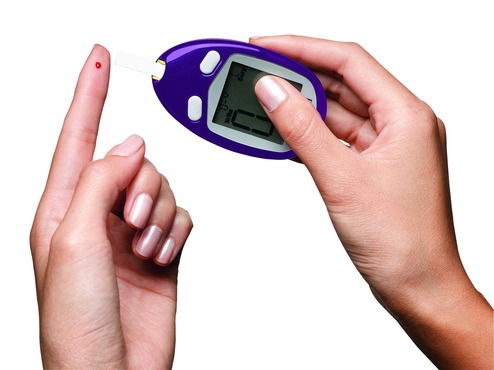
The term "epidemic" is used without much thought in common parlance, but when we are talking about Type 2 diabetes, it's perhaps not a term used in vain. The rise in prevalence has been astounding - for what is, in the main, a public health failure - and India is not exempt either.
There has been an explosion of new products in an effort to tackle Type 2 diabetes, yet the pace has perhaps continued unabated. The main agenda of any policymaker involved in health should be focussed, in my opinion, on the prevention of Type 2 diabetes.
Today, in a digital age, the world is smaller and the expertise of doctors in India is no less than that of their Western counterparts. Good medical care then is more about appropriate usage of available products, expertise and the ability to accelerate treatment, along with tackling variation in level of care, rather than specific availability of products or expertise.
Healthcare is changing fast and diabetes, simply due to its prevalence, is smack bang in the middle of it. Issues such as prevention of Type 2 diabetes, safety for those admitted to hospitals and use of modern technology to help patients self-manage their condition better are issues moving quickly to the top of the list in most countries. Modern times have moved to circling a lot around convenience and comfort. If we can use that principle while suggesting medications - or for that matter any intervention as a clinician - that would help.
The bigger question, however, is how the agenda of prevention or personal health is looked at. The cocktail of tradition, religious beliefs, tendency to favour food such as sweets is closely juxtapositioned with the issues of health.
A culture change is also perhaps needed in the way people look at personal investment in health, not to mention the food or type of food we have always been accustomed to as part of daily life, festivities, celebrations and so on. Would you be willing to give up the sandesh during Vijaya or would that even be acceptable to others? Is prosperity in the eyes of the beholder related to body mass index or have we moved on to start heeding the message many celebrities are starting to endorse regarding healthy living?
The challenges are not insignificant but perhaps it may be worth casting eyes on national schemes, prevalent in other countries, such as the National Diabetes Prevention programme - a mixture of face-to-face and online means to educate and support - and hopefully turn the tide of the progress of Type 2 diabetes.
One of the main issues is perhaps the disparity of treatment based on the ability to pay. In a country with huge socio-economic variations, this has a major impact. If, for example, one takes the issue of diets - where much controversy exists - there is enough example to show the impact of socio-economic divides, the accessibility to healthy food and the concomitant impact of it.
Can health policymakers make an impact? Does the government have a role to play? A billion dollar question with which many have grappled, yet perhaps investment in these sectors would reap far greater benefits in the reduction of complications of Type 2 diabetes in the longer run.
Healthcare is also starting to move into a digital era. Life is a lot about convenience - smartphones and apps are prime examples of that. The diabetes healthcare space is moving into that realm with companies exploring options that would make life easier for them.
It's an exciting space but the jury is still, firmly, out on it. We need to put these concepts to three fundamental tests. Do they improve care? Do they cause harm? Can a user afford it?
If these apps come through these tests, it will be fascinating to see them develop. The use of social media is letting patients and doctors connect easily. Can this be used to break down the hierarchy between doctors and patients? Will that help build better trust as well as cut through misinformation? Possibly. A personal lesson has always been that if we want our patients to believe we are human too, then perhaps it's worthwhile to show our human face. A digital era indeed offers that space.

The writer is a consultant endocrinologist at Portsmouth Hospitals NHS Trust, UK. He is also associate national director, diabetes, NHS, England










